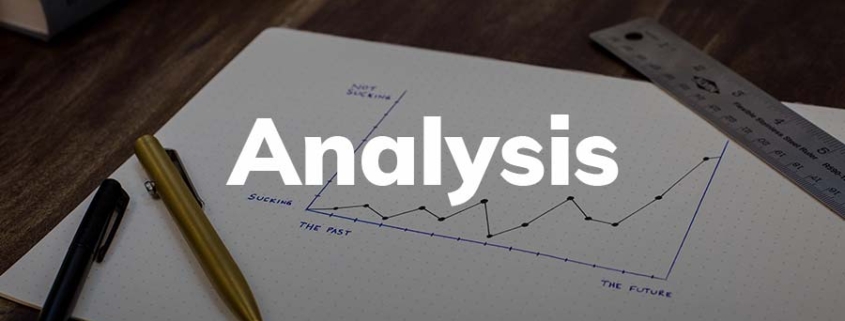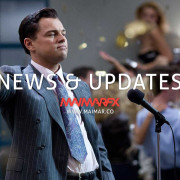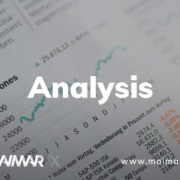Policymakers Find Themselves In A Dilemma
Yesterday we saw how the market reacts when panic sets in. Panic about a new banking crisis, panic about deposits at Europe’s largest banks. After the collapse of Silicon Valley and Signature Bank in the USA, Credit Suisse is also in a fragile position. Investors fear a domino effect on other banks and fled into reserve currencies such as the U.S. dollar. Nevertheless, even the greenback will not be safe in the event of a system crash.
Policymakers are in a dilemma. Inflation is not abating because there has been too much fiat money in circulation in recent years, provided by governments to support struggling economies. This money is not tied to the price of a commodity, so there is too much money on too few goods. Thus, years of ultra-loose monetary policy are inevitably the cause of inflation. Monetary authorities are now trying to curb the rate of inflation with restrictive measures such as interest rate hikes, but in the process, they are adding fuel to the fire. Higher interest rates mean that companies are having difficulty borrowing money from banks or servicing loans. This in turn forces companies to cut jobs because they are no longer solvent. And there we have stagflation, a stagnation of the economy with simultaneous demonetization. In the worst-case scenario, this will lead to a recession and a liquidity crisis for the banks and thus, as with the SVB, to a collapse.
In short, the only solution would be a return to an accommodative monetary policy, the price of which would be inflation that no one would be able to contain. In the worst case, which no one wants to talk about, the Western financial system could come to an end.
It remains to be seen whether policymakers will pull another wild card for their battered system.
At 13:15 p.m. today, we will learn from the European Central Bank by how many basis points the key interest rate will be raised again. Expectations tended to a hike of 50 basis points, but after all the turmoil of recent days traders are now betting on a smaller 25bp increase. A smaller rate hike would be neutral to bearish for the euro.
EUR/USD: We will pay attention to price breakouts either above 1.0810 or below 1.0480.
Disclaimer: All trading ideas and expressions of opinion made in the articles are the personal opinion and assumption of MaiMarFX traders. They are not meant to be a solicitation or recommendation to buy or sell a specific financial instrument.
We wish you good trades!
Any and all liability of the author is excluded.
Copyright © All Rights Reserved 2023 MaiMarFX.
Follow us on social media:










